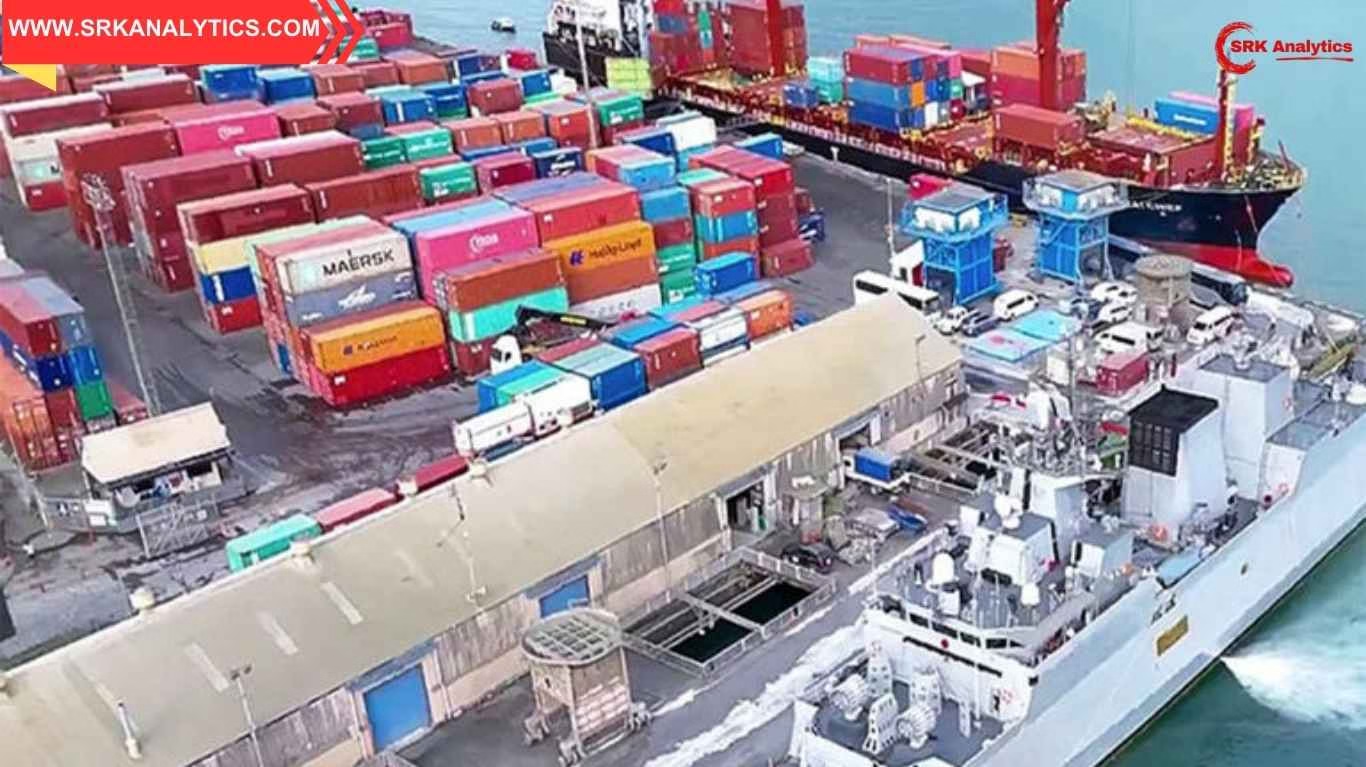India’s micro, small and medium enterprises (MSMEs), the backbone of the nation’s employment and manufacturing sector, are grappling with a regulatory ecosystem that is becoming increasingly burdensome, a recent comprehensive report has revealed. According to the study conducted by TeamLease RegTech, MSMEs in India are subject to over 1,000 complex regulations with an annual compliance cost of up to Rs 13 lakh per firm, leading to operational inefficiencies and legal risks, including imprisonment for non-compliance.
Key findings of the TeamLease RegTech report
The report highlights:
- More than 26,000 imprisonment clauses embedded across Indian business compliance laws.
- Over 1,000 regulations that MSMEs must track, file, and adhere to on an ongoing basis.
- Rs 12-13 lakh annual compliance costs, including legal advisory, documentation, licensing fees, renewals, and human resource costs for regulatory filings.
| Key Compliance Burden Areas | Details |
|---|---|
| Labour laws | Provident Fund, ESI, minimum wages, contractor registrations, welfare fund contributions |
| Environmental norms | Pollution Control Board permits, hazardous waste management, periodic reporting |
| Factory laws | Licenses, inspections, health and safety norms, machinery certifications |
| Local regulations | Trade licenses, signage taxes, municipal approvals |
| Taxation | GST filings, TDS compliance, professional tax, audits |
| Industry-specific laws | FSSAI, drugs & cosmetics, MSMED Act, others |
(Source: TeamLease RegTech analysis)
High imprisonment risk creates fear psychosis
One of the most concerning findings is the presence of imprisonment clauses attached to regulatory non-compliance. The report states that:
- Over 26,134 imprisonment clauses exist under central and state regulations applicable to businesses.
- Nearly 37% of these are economic offences, including minor lapses like delayed filings, delayed license renewals, or documentation errors.
This has created a fear psychosis among MSME founders, deterring entrepreneurship, expansion, and formalisation efforts.
Voices from the ground
Speaking on the condition of anonymity, an MSME owner from Faridabad said:
“Our compliance costs have increased by nearly 40% in the last five years. We need full-time staff just to handle regulatory filings. A single error can invite penalties or even imprisonment under some Acts. This risk is mentally exhausting.”
Another textile exporter from Tirupur added:
“Every state has different forms, formats, portals, and timelines. Even with CA and legal support, small firms are forced to pay bribes for timely approvals or risk business disruptions.”
Ease of doing business paradox
Despite India’s improved ranking in the World Bank’s Ease of Doing Business index before its discontinuation, the on-ground compliance burden remains heavy, especially for small businesses. The report urges:
- Decriminalisation of minor economic offences.
- Consolidation of overlapping state and central laws.
- Single-window digital portals with automatic renewals and integrated reporting.
Break-up of compliance costs for MSMEs (annual average)
| Cost head | Estimated annual cost (₹) |
|---|---|
| Legal and tax advisory fees | 2,00,000 – 3,00,000 |
| Compliance staff salaries | 3,50,000 – 4,50,000 |
| Licensing, renewals, permits | 2,00,000 – 3,00,000 |
| Documentation, audits, certifications | 1,50,000 – 2,00,000 |
| Penalties, late fees, discretionary payments | 1,00,000 – 1,50,000 |
| Total | 12,00,000 – 13,50,000 |
(Source: TeamLease RegTech, industry interviews)
Impact on competitiveness and growth
India’s MSME sector, comprising over 63 million units employing 110 million people, is already struggling with:
- High input costs
- Delayed payments from corporates and government
- Credit constraints despite emergency credit line schemes
The additional burden of complex compliance, jail clauses, and unpredictability of inspections is impeding their ability to scale up, integrate into formal supply chains, and compete with global peers.
Policy suggestions from the report
- Decriminalisation drive: Convert imprisonment clauses for non-fraudulent, procedural offences into monetary penalties or administrative actions.
- Compliance rationalisation: Merge, simplify, or repeal redundant regulations across states and sectors.
- Tech-driven single window: Implement an integrated national compliance portal covering labour, taxation, environment, and industry laws with standardised digital processes.
- Risk-based inspections: Replace random inspections with risk-based audits to reduce harassment and bribery opportunities.
- Dedicated MSME compliance helpdesk: Assist small firms in navigating regulatory processes with certified advisors and automated tools.
Government initiatives and pending reforms
The Indian government has taken steps such as:
- The Jan Vishwas Bill, tabled to decriminalise 183 provisions under 42 laws.
- The National Single Window System (NSWS) for approvals, though limited in coverage and implementation depth.
- Proposals to integrate labour compliance filings under the new Labour Codes (awaiting full notification).
However, MSME associations argue that implementation is slow and fragmented across states, creating compliance uncertainty and duplications.
Industry reactions
The Federation of Indian Micro and Small & Medium Enterprises (FISME) called the report “a timely reality check”, urging the government to treat compliance simplification as a top-tier reform priority alongside credit access.
TeamLease RegTech CEO Rishi Agrawal stated:
“India’s regulatory framework was built in the pre-independence era with a policing mindset. To unlock the true potential of MSMEs, we need a regulatory environment that trusts entrepreneurs and facilitates ease of compliance.”
Conclusion
India aspires to become a $5 trillion economy with manufacturing and MSMEs playing pivotal roles. However, without targeted reforms to reduce compliance burdens, decriminalise minor offences, and build a trust-based regulatory framework, MSMEs will remain trapped in a low productivity and high-risk cycle.
Policymakers, states, and industry stakeholders need collaborative efforts to ensure that compliance drives responsible business operations rather than stifling the very entrepreneurial spirit India seeks to nurture.
Disclaimer
This news content is for informational purposes only. Readers are advised to consult professional legal, financial, or policy advisors before making strategic or operational decisions based on this content.
SEO keywords: ‘MSME compliance burden India’, ‘TeamLease RegTech MSME report’, ‘MSME imprisonment clauses’, ‘Ease of doing business India MSME’, ‘MSME regulatory costs’, ‘MSME compliance reforms’, ‘Jan Vishwas Bill decriminalisation’, ‘Indian MSME policy challenges’, ‘MSME regulatory risk India’, ‘MSME compliance cost breakdown’












медицинская аппаратура медицинская аппаратура .
электрокранизы https://www.elektrokarniz797.ru .